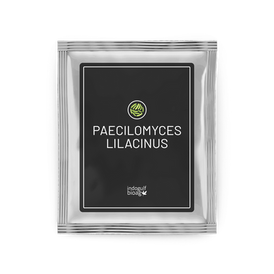
Bionematicides
Bionematicides are innovative biological agents designed to control plant-parasitic nematodes (PPNs) in agricultural soils. These products work by targeting nematodes ( i.e root knot nematodes) directly or improving the resilience of crops against nematode attacks. By protecting plant roots, bionematicides help enhance crop health, boost yields, and promote sustainable farming practices.
Unlike traditional chemical nematicides, bionematicides are derived from naturally occurring microorganisms—such as nematophagous fungi and beneficial bacteria—or bioactive compounds from plants and microbes. These agents offer an eco-friendly, residue-free alternative, making them a vital part of modern integrated pest management (IPM) systems.
What it is
Bionematicides are advanced biological agents designed to control plant-parasitic nematodes, protecting crops and improving yields. Made from proprietary strains of fungi and bacteria, these eco-friendly solutions reduce chemical dependency, promote soil health, and provide sustainable, long-term pest management through mechanisms like parasitism, predation, and induced plant resistance. Perfect for integrated pest management systems, they ensure effective and environmentally safe nematode control.











